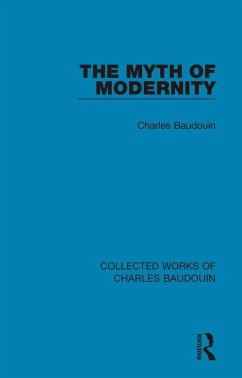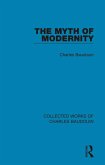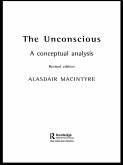The author has little sympathy for a development which he regards as essentially vulgar; the myth of Progress, he says, had its aspiration and gave man reasons for reaching out for better things, but the myth of Modernity 'seems to give humanity reasons only for fleeing from itself, reasons for unhappiness, inasmuch as the man who runs away from himself is an unhappy man'.
This chapter is characteristic of those that follow - on Baudelaire, Verlaine and other literary topics; on Art and the Epoch, The Prestige of Action, Technique versus Mysticism, Opinion and Tolerance, etc. A broad humanity and a gentle irony are the characteristic features of this stimulating book, now available again to be enjoyed in its historical context.
Dieser Download kann aus rechtlichen Gründen nur mit Rechnungsadresse in A, B, BG, CY, CZ, D, DK, EW, E, FIN, F, GR, HR, H, IRL, I, LT, L, LR, M, NL, PL, P, R, S, SLO, SK ausgeliefert werden.









